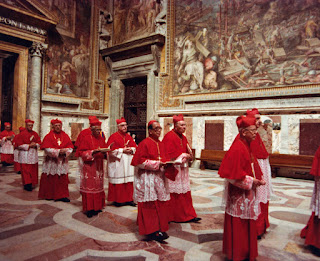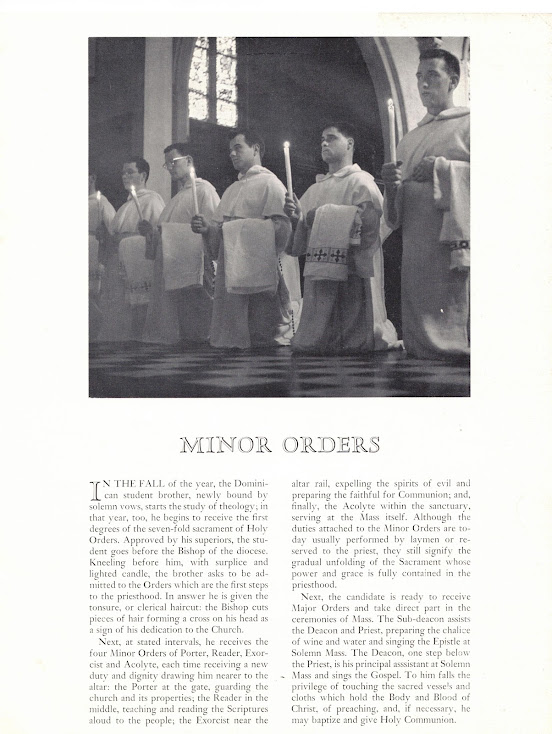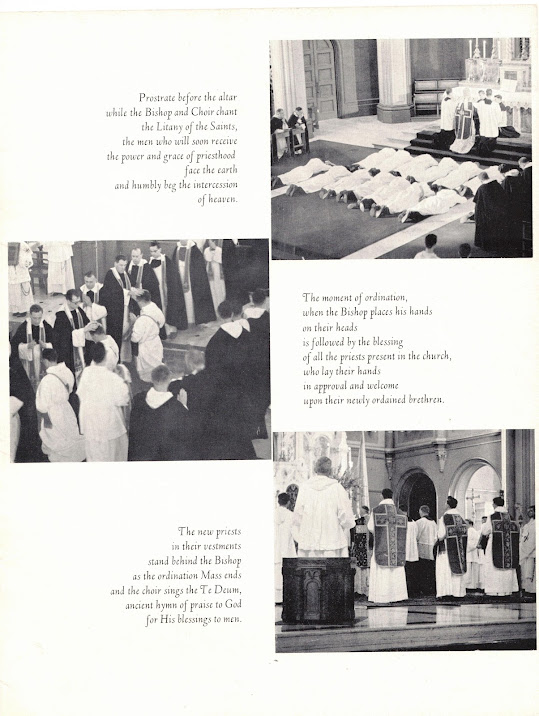
Some time ago, I published at Dominican Liturgy three posts on the then new discoveries about the origins of the
Stabat Mater. As today is the the Feast of Our Lady of Sorrows, I thought is useful to gather these earlier posts together in one post.
I thank Fr. Innocent Smith O.P. for calling my attention to the original article announcing the discovery of the famous
Stabat Mater being used as a sequence in the Gradual produced by a convent of Dominican nuns in Bologna in the later thirteenth century. This is by far the earliest known manuscript example of this hymn used as a sequence rather than as a devotional hymn. It has been commonly believed that the hymn only became used as a sequence in the late middle ages. It is also interesting that the melody provided matches neither the received Roman one nor that found in the printed Dominican books. This text is found in Bologna: Museo Civico Medievale MS 518, fo. 200v-04r.
The news was published in
Cesarino Ruini, "Un antico versione dello Stabat Mater in un graduale delle Domenicane bolognesi," Deo è lo scrivano ch’el canto à ensegnato: Segni e simboli nella musica al tempo di Iacopone, Atti del Convegno internazionale, Collazzone, 7-8 luglio 2006, ed. Ernesto Sergio Mainoldi and Stefania Vitale, Philomusica On-line, 9, no. 3 (2010). Those who would like the full text of the chant may find it at the end of this article.
For those who do not wish to read the article in Italian, here is an English summary:
The discovery of a Stabat Mater version set to music as a sequence in a late 13th-century Gradual from a Bolognese Dominican nunnery, makes it possible to advance new hypotheses about the origins and history of this renowned text. Untilnow there was no evidence that it was used as a sequence before the mid 15th century. The analysis of the piece highlights previously unidentified peculiarities regarding the historical and the liturgico-musical context in which it was used, whilst the comparison with the wealth of textual variants offered by its complex tradition points to concordances with later sources, mainly originating in Veneto and Emilia. As one of the earliest witnesses of this popular composition (there is only one other contemporary version, also from Bologna, but it is unnotated) there can be no doubt about its importance for textual criticism, and, inter alia, it does not favour the disputable paternity of Iacopone da Todi.
Here is the image of the manuscript with the beginning of the chant.

Careful readers will not that there are textual variants in this version as well. The Dominican Rite used by the friars added the
Stabat Mater as a sequence on the feast of our Lady of Sorrows only in the 15th Century, thereby conforming the rite to the Roman, which had already added it. But the melody is not that of the thirteenth-century version. Here it is for comparison:

And here for additional comparison is the first verse with the melody as found in the 1961 Roman Gradual:

The discovery of this manuscript, as explained in the article (in Italian) linked above, shows, by the manuscript date that the traditional ascription of authorship to Jacopone of Todi can no longer be sustained. The date, however, leaves open the possibility, often mentioned, that it is the work of Pope Innocent III.
This new version is interesting for a number of reasons. First, this is the earliest use of the text as a sequence. Until the discovery of this version, it was only known as a hymn until the late middle ages. This manuscript shows that the earliest known use of the text as a sequence was among Italian Dominican nuns in the late 1200s.
Next, the text includes not only a number of verbal variants, but also includes two verses absent from the commonly received version. Those who wish to examine these can download my transcription and compare the text to the received version
here.
Even more interesting is the music. As pointed out to me by the
nuns of Summit NJ, this ancient sequence borrows, with the exception of one stanza, the melody (cf. verses 19 and 20), the melodies of the
Sequence of St. Dominic in the Dominican Rite. There are a number of minor musical variants as well. Those interested might want to compare the music to that found in the
Dominican Gradual for the Mass of St. Dominic.
Through the kindness of one of our readers who converted the PDFs of this music into JPGs I am posting below the newly discovered 13th-Century Sequence version of the Stabat Mater for viewing by readers. The PDFs may still be downloaded
here.
I am aware that these images are a bit blurry; if you click on them or download them, you will get a clearer image.Perhaps some Dominicans (and non-Dominicans) may want to make use of the ancient version on the up-coming celebration of Our Lady of Sorrows.























_page-0002.jpg)





